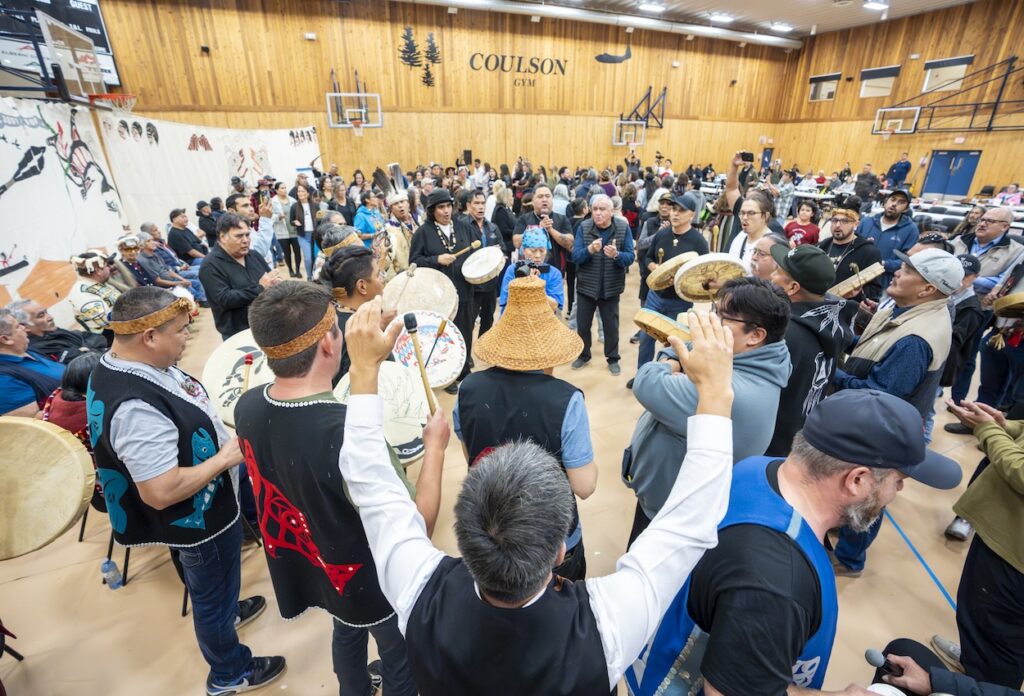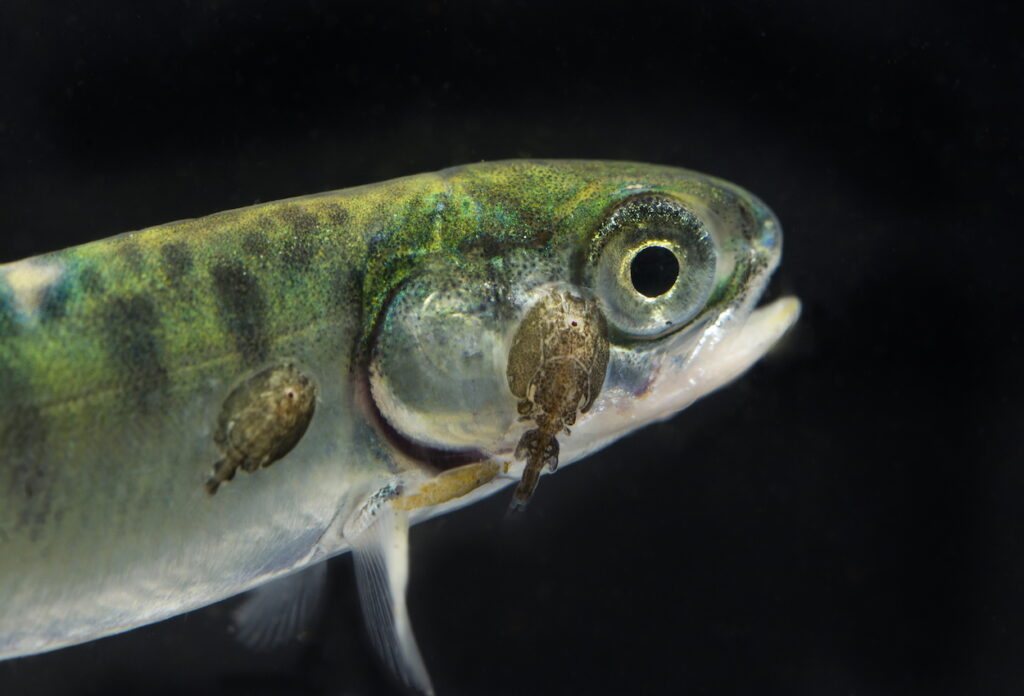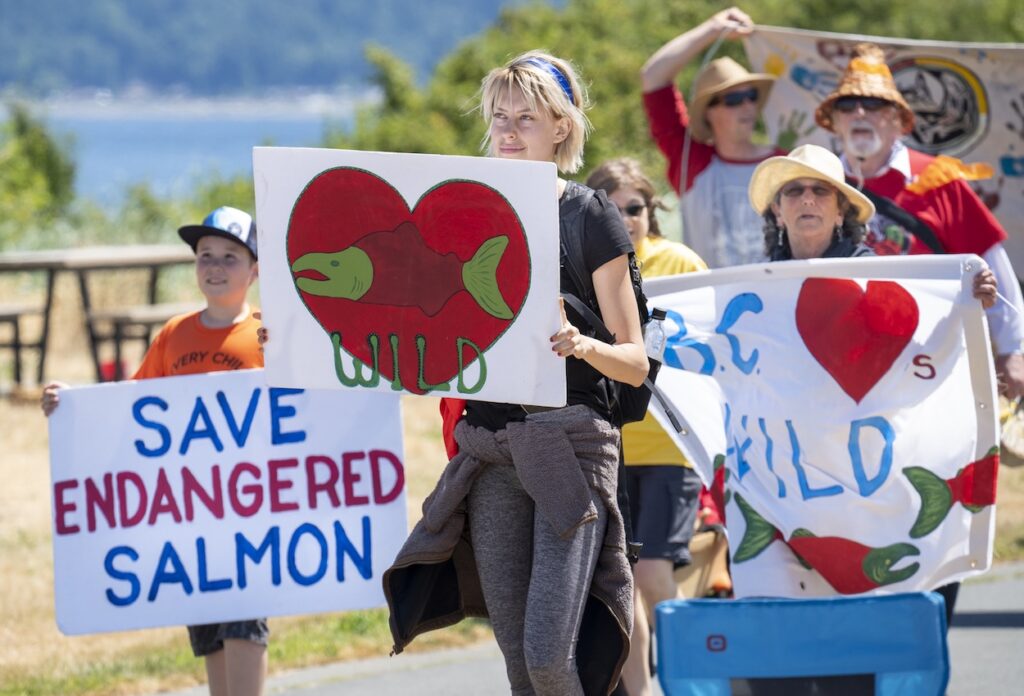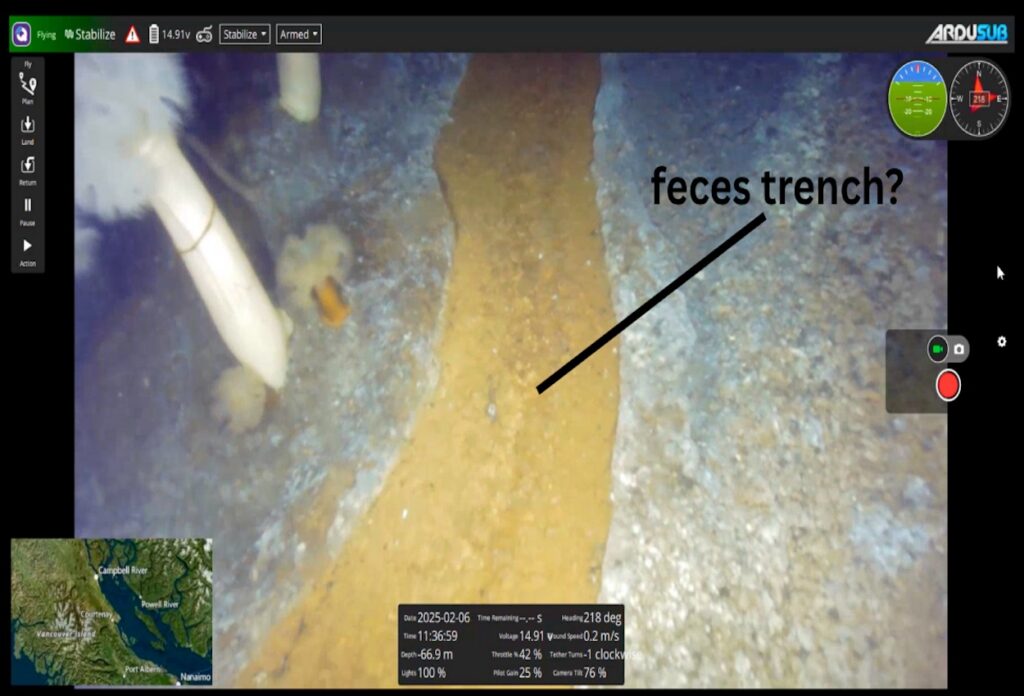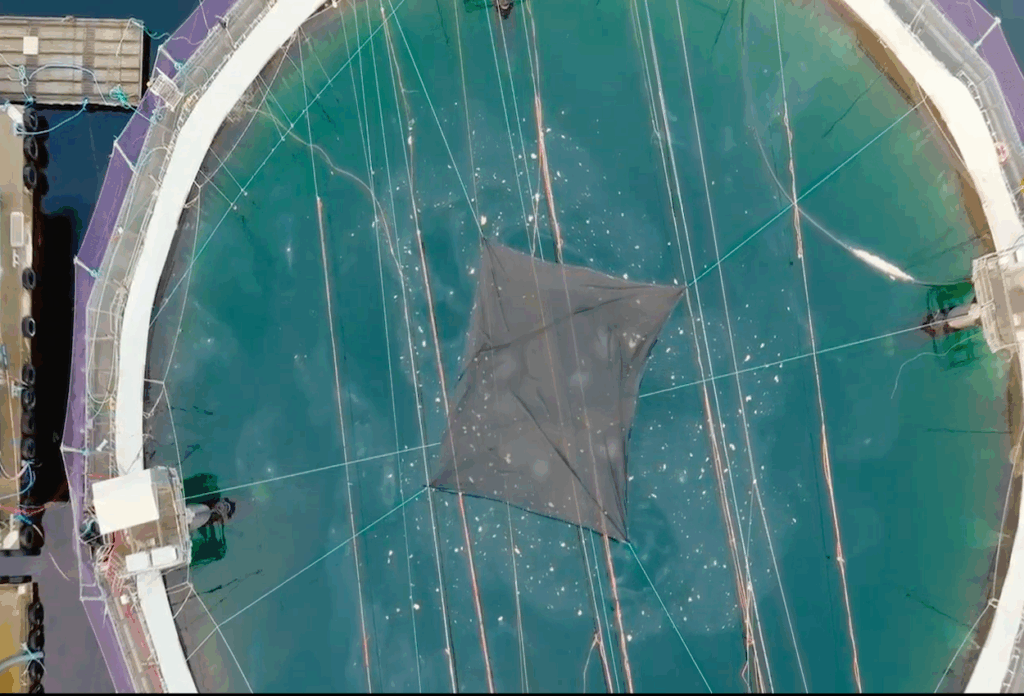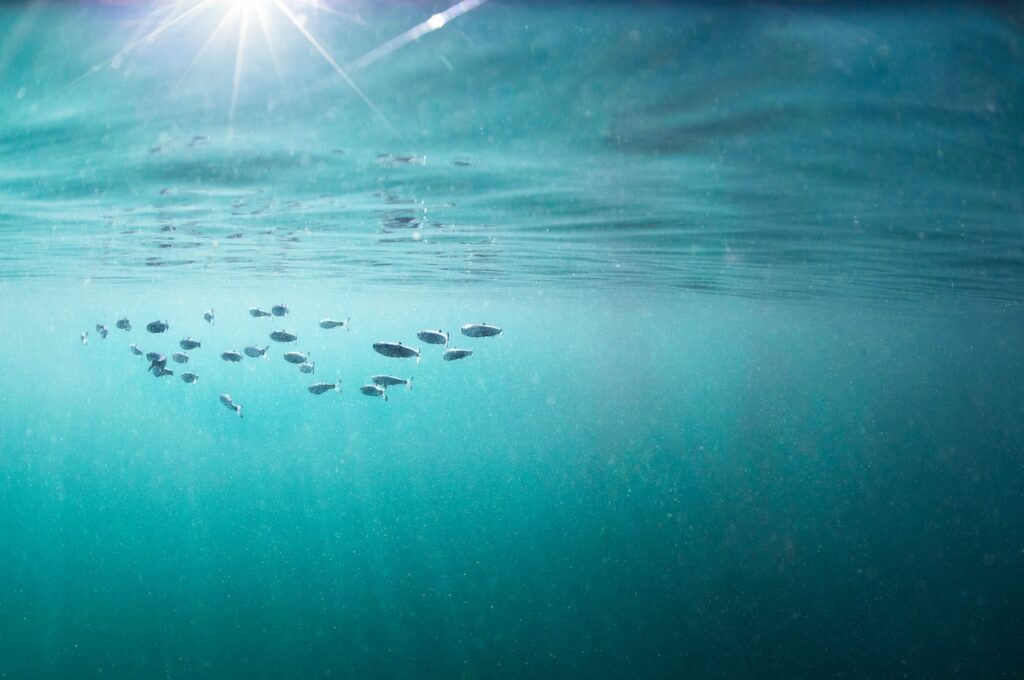A Māori tribe made history recently when a New Zealand river was granted legal rights. The Whanganui River has been granted personhood and rights, thus settling the longest running court case in New Zealand’s history.
The Whanganui iwi [tribe] of the Māori fought for 140 years to protect their river. “The reason we have taken this approach is because we consider the river an ancestor and always have,” said Gerrard Albert, the lead negotiator for the Whanganui iwi. “We have fought to find an approximation in law so that all others can understand that from our perspective treating the river as a living entity is the correct way to approach it, as an indivisible whole, instead of the traditional model for the last 100 years of treating it from a perspective of ownership and management.”
A river with rights
The Whanganui River will have all the rights, duties and liabilities that come with personhood. Two guardians will be appointed to represent the river; one from the Māori, and one from the Crown. The settlement also includes financial redress of NZ$80 million, as well as NZ$1million to establish the legal framework for the river.
Māori tribes regard themselves as part of the universe, at one with and equal to the mountains, the rivers and the seas. The new law reflects and honours their worldview, and could set a precedent for other Māori tribes in New Zealand to follow.
“We can trace our genealogy to the origins of the universe,” said Albert. “And therefore rather than us being masters of the natural world, we are part of it. We want to live like that as our starting point. And that is not an anti-development, or anti-economic use of the river, but to begin with the view that it is a living being, and then consider its future from that central belief.”
A similar legal mechanism was used for the Te Urewera National Park in the central North Island, which became a legal entity in 2014.
Right to a healthy environment
Clayoquot Action’s mission statement says “Clayoquot Action stands for…the rights of Mother Earth”. This is related to, but different from the right to a healthy environment. Many nations have enshrined the right to a healthy environment in their constitutions, for example Spain, France, Portugal, Greece, and Finland.
However, according to a US group advocating for the rights of nature, “…as global warming accelerates and ecosystems are pushed to collapse, we are finding that the human right to a healthy environment cannot be achieved without securing rights of the environment itself. This means recognizing in law the rights of nature to be healthy and thrive.”
The draft Universal Declaration of the Rights of Mother Earth (modelled on the 1948 Declaration of Human Rights) was released in 2010 at the World People’s Conference on Climate Change and the Rights of Mother Earth in Bolivia. The Declaration has been submitted by Bolivia to the UN General Assembly for consideration.
The planet is a living being? Clearly, the idea that the Earth can be treated as property has not worked well for the planet, wild creatures, or humans. It’s time to fundamentally change the relationship between humankind and nature. Without clean air and clean water, and clean food, nothing else matters…
Imagine the day when the Sydney River in Ahousaht territory (pictured above) is recognized as having rights, with the ability to speak for itself against proposals which could harm it. May it be so!
Dan Lewis is Executive Director of Clayoquot Action.
P.S. Just this week two rivers in India were recognized as having rights! http://therightsofnature.org/tag/celdf/
Read the draft Universal Declaration of the Rights of Mother Earth.
Here’s the Māori TV coverage about the Whanganui River.
